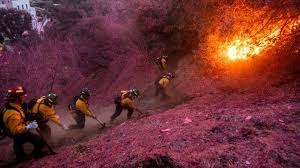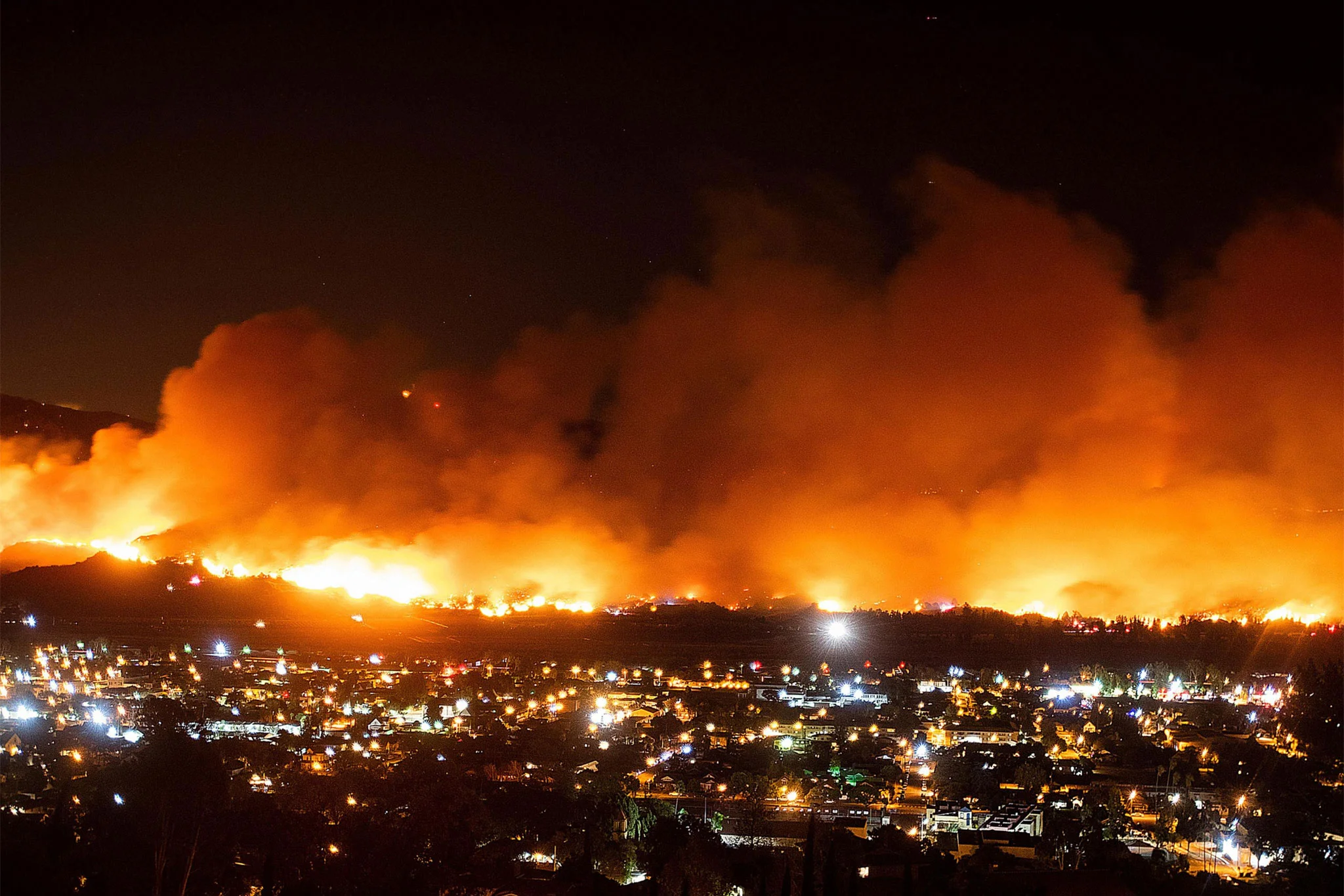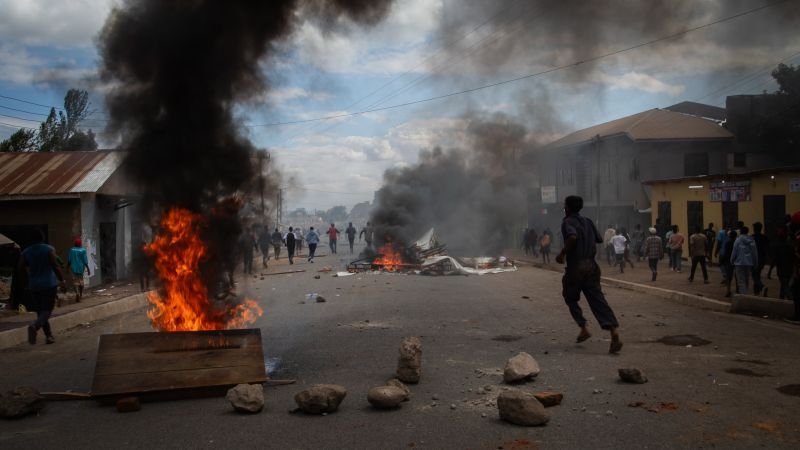

As wildfires continue to devastate regions around the world, they present an increasing risk to vulnerable populations, particularly children.
These fires, worsened by rising global temperatures, are fueled by hotter and drier conditions that create ideal environments for their spread.
While the immediate danger of fires is obvious, their effects—especially in the form of air pollution—can be far-reaching, lasting for weeks or even months.
According to UNICEF, smoke from wildfires presents significant health risks, particularly to children, whose developing bodies are more prone to the harmful effects of environmental hazards.
The impact of wildfire smoke on children
The fine particulate matter (PM2.5) released by wildfires can penetrate deep into children’s lungs, causing both short-term and long-term health issues.
These particles are significantly more toxic than regular air pollution, and because children’s immune systems and lungs are still developing, they are at heightened risk.
UNICEF warns that exposure to wildfire smoke has been linked to a range of serious health conditions, including asthma, heart disease, and even cancer.
Additionally, it can worsen mental health conditions and brain and nervous system disorders, which may have lasting impacts on children's overall development.
For pregnant women, exposure to wildfire smoke is particularly dangerous.
UNICEF notes that smoke inhalation during pregnancy increases the risk of gestational diabetes, hypertension, premature birth, low birth weight and even pregnancy loss or stillbirth.
Why are children more vulnerable?
According to UNICEF, children are at increased risk because their bodies are still developing.
Their smaller airways, higher breathing rates and greater exposure to outdoor air all contribute to their vulnerability.
Children also tend to spend more time outside, which increases their exposure to harmful pollutants.
As UNICEF explains, wildfire smoke contains a mix of harmful chemicals, including carbon monoxide, benzene, and formaldehyde, all of which can affect both short-term and long-term health.
Children who breathe in these toxic particles are at greater risk of experiencing respiratory illnesses such as bronchitis, pneumonia and even permanent lung damage over time.
Signs and symptoms of wildfire smoke exposure in children
Parents and caregivers should be vigilant for signs that their child has been exposed to wildfire smoke.
Common symptoms of smoke exposure include chest pain and tightness, coughing or wheezing, difficulty breathing, irritation in the nose, throat, and eyes, dizziness or headaches, and fatigue.
If your child exhibits any of these symptoms, UNICEF says it is crucial to seek medical attention immediately.
Given that children may not always express their discomfort in the same way adults do, it is important to pay attention to changes in their behaviour or physical condition.
How to protect your family from wildfire smoke
UNICEF emphasises the importance of preparedness, particularly if you live in an area prone to wildfires.
Here are some steps you can take to protect your family: have an emergency plan for evacuation that includes identifying nearby shelters and safe areas.
Ensure that your children know your contact information and understand what to do in case you are separated.
You should also prepare an emergency kit, stocked with essentials like non-perishable foods, medicines, cash, a first aid kit, a fire extinguisher, masks, a flashlight, radio, batteries, and several days' worth of water.
Include necessary items like important documents (birth certificates, ID papers) and anything specific to the needs of your family.
You should limit exposure to smoke by keeping your family indoors during a wildfire.
Close windows and doors, and use air purifiers if possible and if your child must go outside, make sure they wear a protective mask that can filter out harmful particulate matter.
Always stay hydrated and avoid clean-up after the fire as debris from a wildfire can contain harmful ash and other toxic substances that can pose significant health risks.
UNICEF emphasise the need to monitor long-term health as smoke exposure can have lasting effects and children may not immediately show symptoms.
Pay attention to any physical or emotional reactions they may have in the months following the event.
As UNICEF advises, children may express trauma or stress in ways that are not immediately obvious, so it’s important to offer patience, support, and appropriate mental health resources.
If your child begins experiencing symptoms of smoke exposure, take them to a health facility immediately.
Even if symptoms seem mild, UNICEF says it is important to monitor their health closely in the aftermath of a wildfire.


















